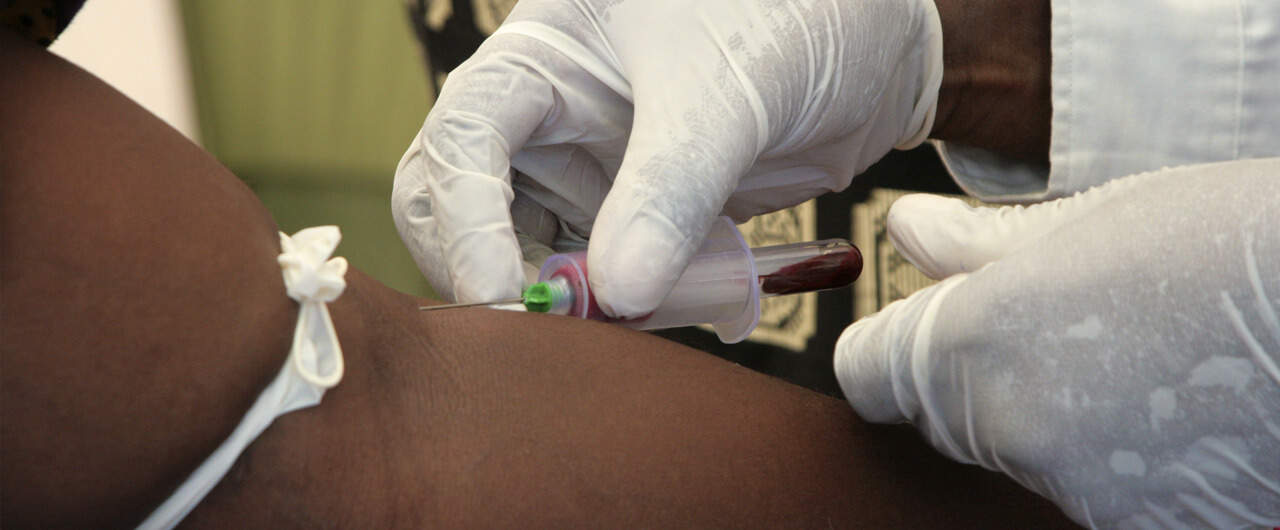hemoglobin a1c test definition
The hemoglobin a1c is the % of hemoglobin (the protein in your red blood cells) that is “glycosylated” or “glycated:” meaning covered with sugar. A1c is a nice easy number. It has one digit and is pretty easily measured. It has become the king of diabetes numbers. It gives you and your doctor an idea of blood sugar levels over time. This is helpful in managing diabetes.
Diabetes control didn’t really even exist before this number became commonly used. Without a1c, it is hard to think about a disease that effects every single cell of your bodies. An A1c of less than 6.5 to 7% is seen by various medical societies as good control of diabetes. How good anti-diabetic medications is also based on a1c change.
Hemoglobin a1c- tips to interpreting:
- Accurate. As long as nothing is happening to your blood (you are not losing or gaining blood from someone else). If you have sickle cell disease or have any type of anemia, it does not work. If you got a blood transfusion in the past 2 months, the a1c is measuring someone else’s levels!
- For about a 90-day period. On average, over a 90-day period, you cycle through all your blood cells and get new ones.
- Can mislead you. Depending on some drugs/supplements you may be taking. This included common ones like: aspirin, Bactrim, vitamin E, vitamin C, narcotic pain medications. It also can be due to rarer ones like HIV and Hepatitis C drugs.
- Is an average percentage. So, you can have severely low and high blood glucoses and still have a pretty wonderful a1c.
- Does not tell you very much about certain risks. You can have aa heart attack and stroke with good a1c and bad cholesterol levels and high blood pressure over time
- Does tell you very dramatically and easily when you will be on dialysis and become blind or lose toes/limbs/infections.
- Is being replaced in some specialty doctors (endocrinologists) minds. We are excited by your being able to check your sugar levels all day and night with little machines (continuous glucose monitor) that are taped to your skin. These machines can give you day-today levels of glucose that does not just fool the doctor with average values that hide high and low sugar levels.


